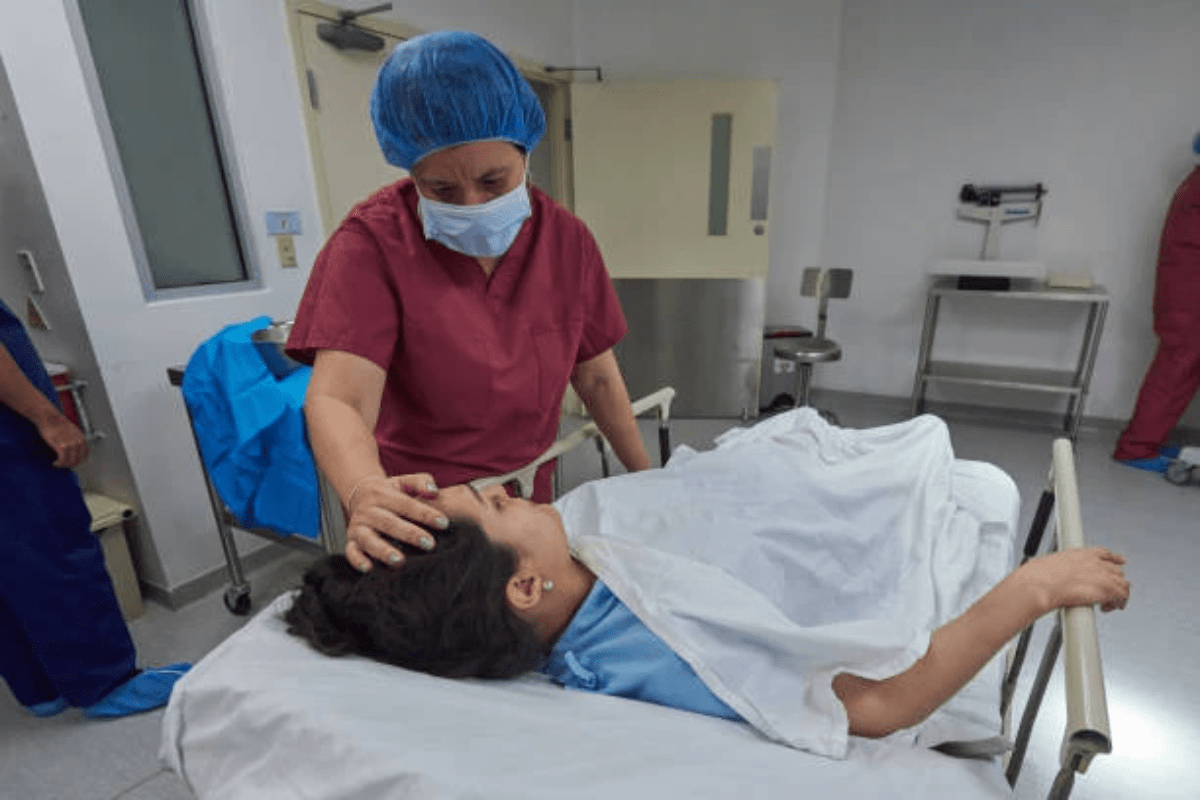
When it comes to cosmetic procedures, many people are hesitant to undergo treatment due to concerns about pain and discomfort. However, with the advancement of technology and medical techniques, cosmetic anesthesia has become a vital component of many procedures, allowing individuals to achieve their desired results with minimal to no discomfort. In this article, we will delve into the world of cosmetic anesthesia, exploring its types, benefits, and what you can expect during your procedure.
Types of Cosmetic Anesthesia
There are several types of cosmetic anesthesia, each designed to cater to specific needs and procedures. The most common types include:
1. Local Anesthesia: This type of anesthesia numbs a specific area of the body, allowing you to feel no pain or discomfort during the procedure. Local anesthesia is often used for procedures such as Botox injections, fillers, and minor surgical procedures.
2. Conscious Sedation: This type of anesthesia induces a state of relaxation and reduces anxiety, making you feel calm and comfortable during the procedure. Conscious sedation is often used for procedures such as laser hair removal, chemical peels, and microdermabrasion.
3. Intravenous Sedation: This type of anesthesia is administered through an IV and induces a deeper level of relaxation, often accompanied by amnesia. Intravenous sedation is often used for procedures such as facelifts, breast augmentations, and other surgical procedures.
Benefits of Cosmetic Anesthesia
The benefits of cosmetic anesthesia are numerous, including:
1. Reduced Pain and Discomfort: Cosmetic anesthesia allows you to feel minimal to no pain or discomfort during your procedure, making the experience much more comfortable and relaxing.
2. Increased Relaxation: With the use of sedation, you can feel calm and relaxed during your procedure, reducing anxiety and stress.
3. Improved Results: By reducing pain and discomfort, cosmetic anesthesia allows you to relax and focus on the procedure, resulting in better outcomes and more natural-looking results.
4. Increased Confidence: With the use of cosmetic anesthesia, you can feel more confident and comfortable during your procedure, allowing you to focus on your goals and desires.
What to Expect During Your Procedure
When undergoing a cosmetic procedure with anesthesia, you can expect the following:
1. Pre-Procedure Consultation: Before your procedure, you will meet with your doctor to discuss your medical history, allergies, and any concerns you may have.
2. Anesthesia Administration: The type and amount of anesthesia used will depend on the procedure and your individual needs. Your doctor will administer the anesthesia and monitor your vital signs throughout the procedure.
3. Procedure: Once the anesthesia takes effect, your doctor will begin the procedure. You will be able to relax and feel minimal to no pain or discomfort during the procedure.
4. Recovery: After the procedure, you will be monitored for a period of time to ensure you are recovering well. You may experience some mild side effects, such as drowsiness or nausea, but these will typically subside within a few hours.
Choosing the Right Cosmetic Anesthesia for You
When choosing a cosmetic procedure with anesthesia, it's essential to consider the following factors:
1. Procedure: The type of procedure you are undergoing will determine the type of anesthesia used. For example, local anesthesia is often used for minor procedures, while intravenous sedation is used for more extensive procedures.
2. Your Medical History: Your medical history, including any allergies or sensitivities, will play a significant role in determining the type of anesthesia used.
3. Your Comfort Level: It's essential to discuss your comfort level with your doctor, as some individuals may prefer a lighter level of anesthesia, while others may require a deeper level.
4. Your Doctor's Expertise: Choosing a qualified and experienced doctor is crucial when undergoing a cosmetic procedure with anesthesia. Ensure your doctor has a good reputation and is certified in the use of anesthesia.
Conclusion
Cosmetic anesthesia has revolutionized the world of cosmetic procedures, allowing individuals to achieve their desired results with minimal to no discomfort. By understanding the different types of anesthesia, benefits, and what to expect during your procedure, you can make an informed decision and choose the right cosmetic anesthesia for you. Remember to choose a qualified and experienced doctor, and don't hesitate to ask questions or express your concerns. With the right anesthesia and a qualified doctor, you can achieve the results you desire and feel confident and relaxed throughout the process.